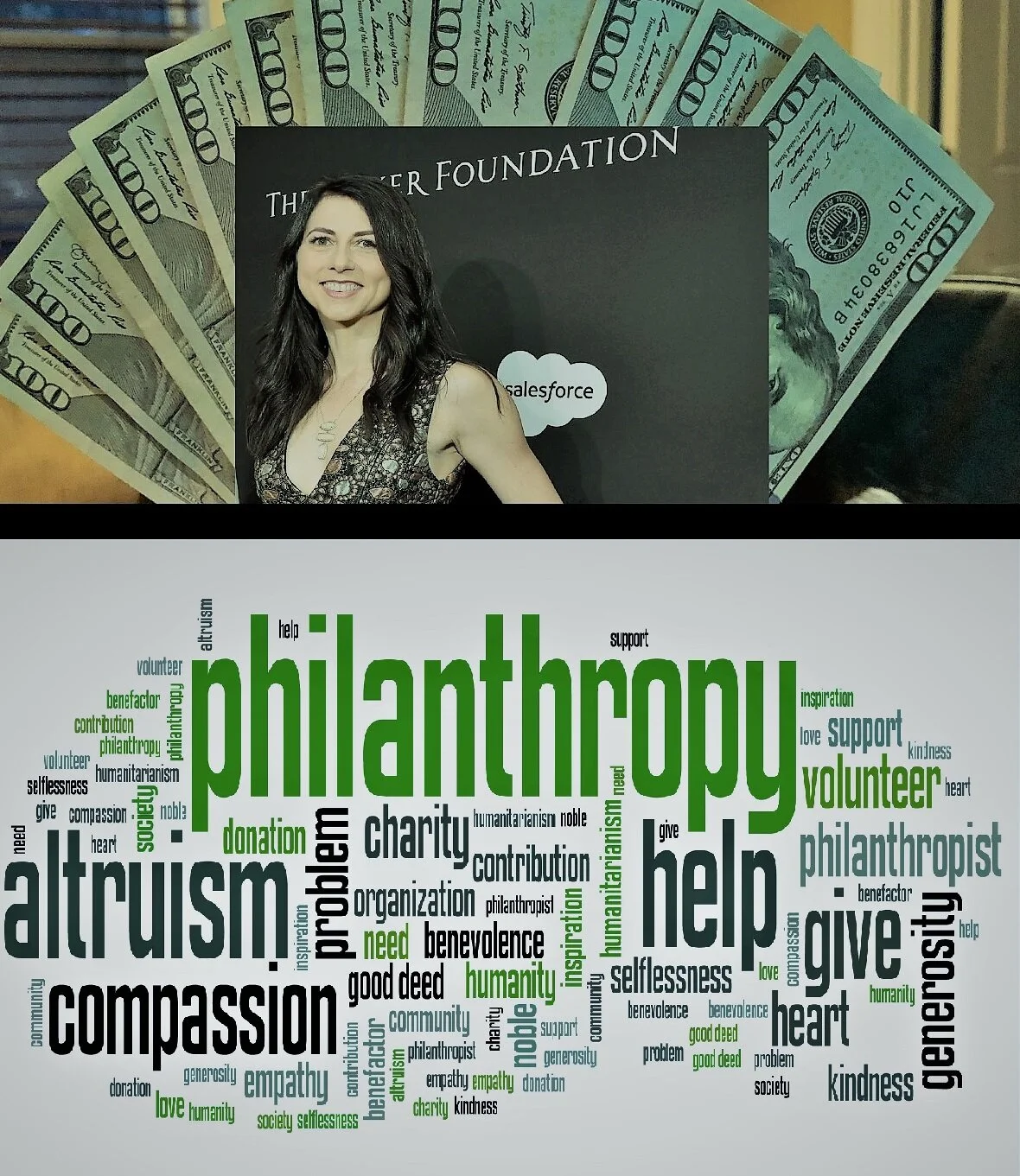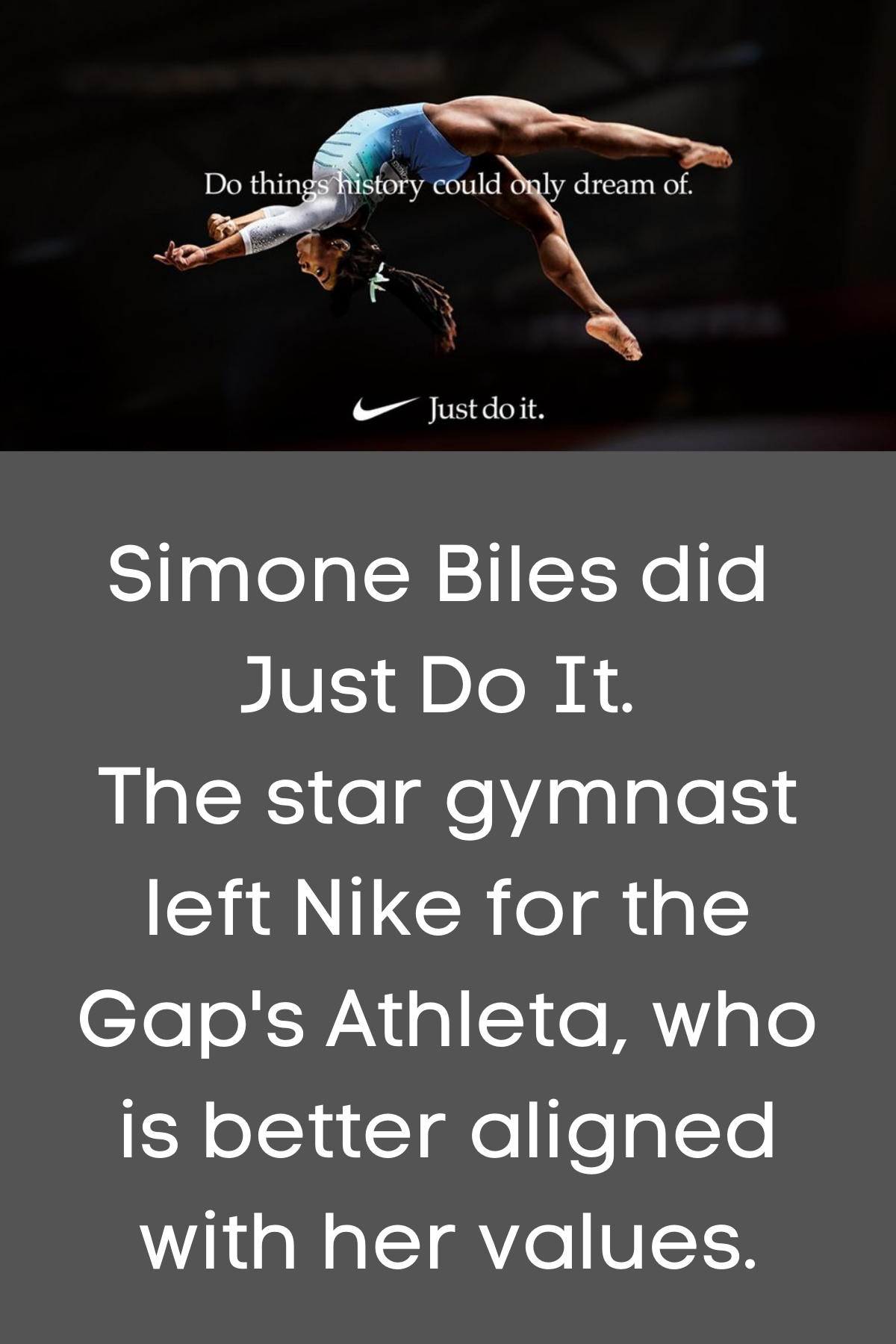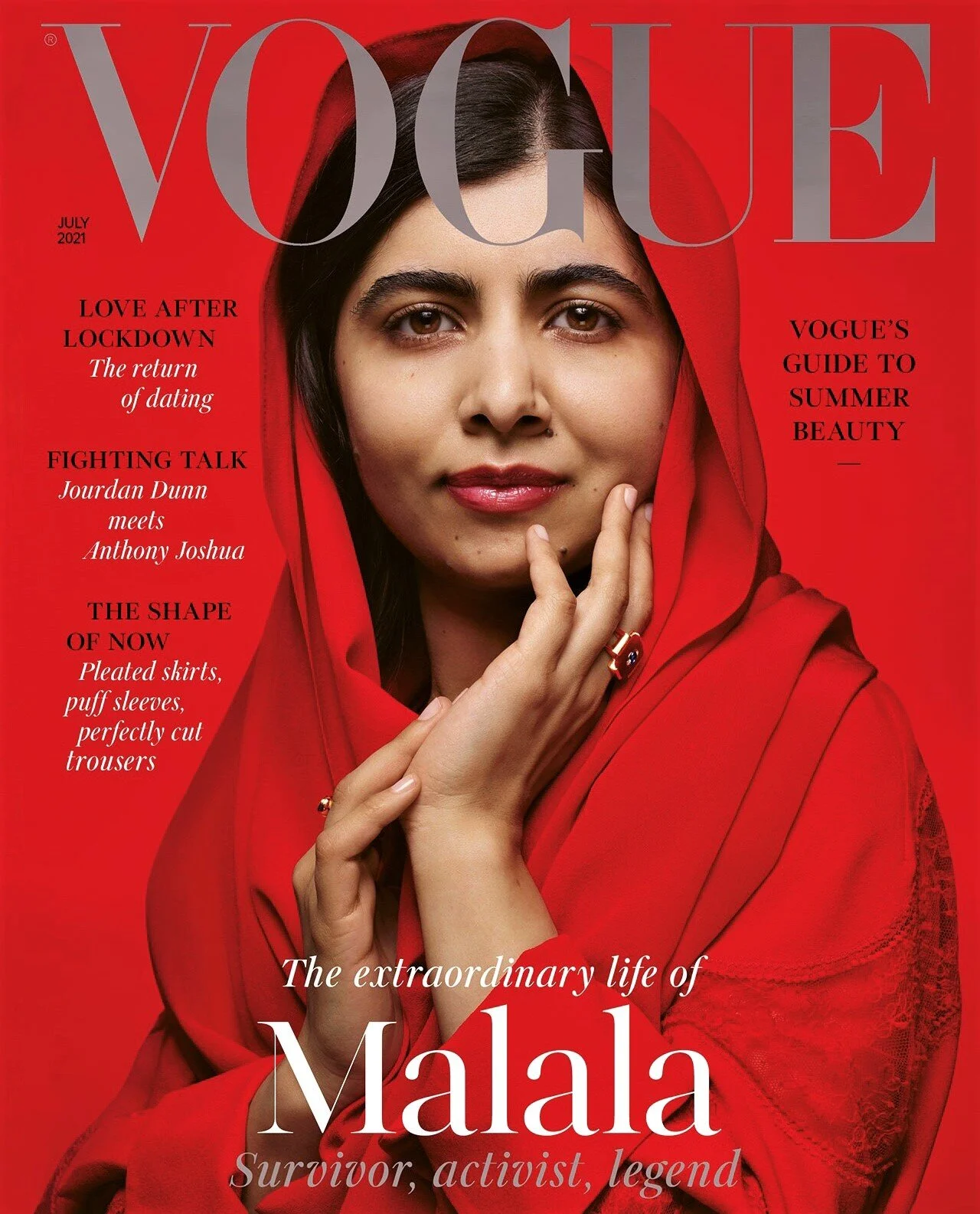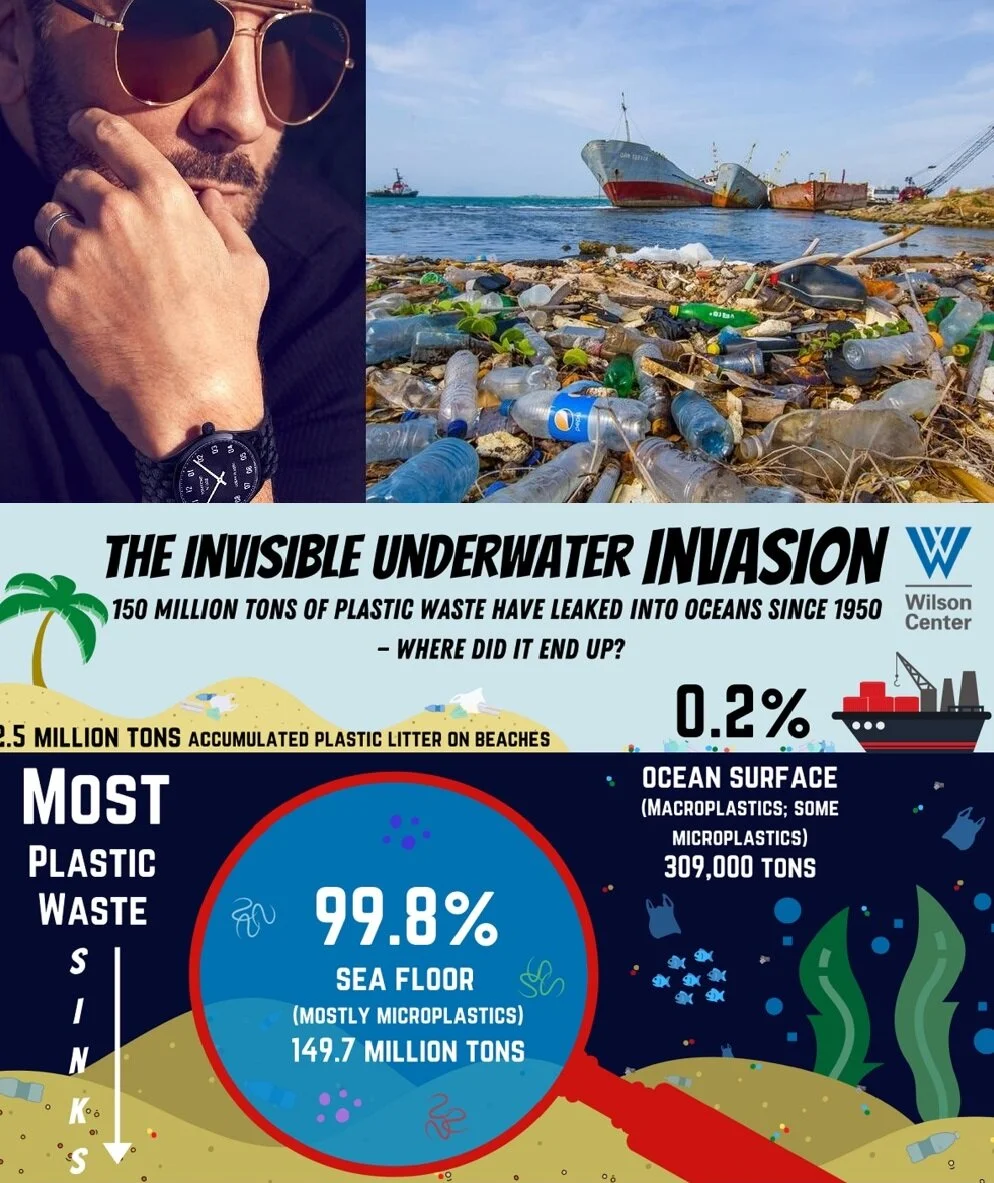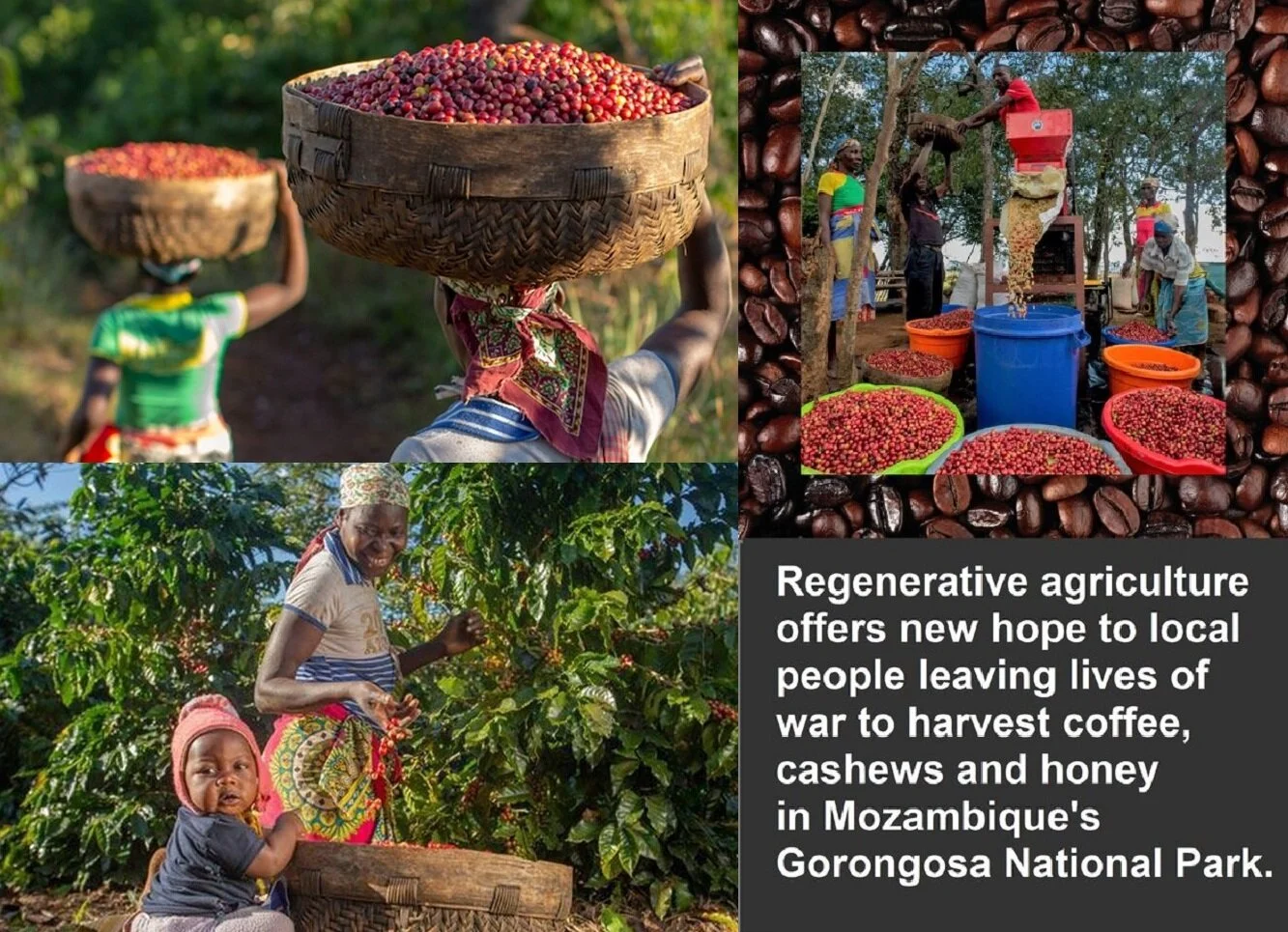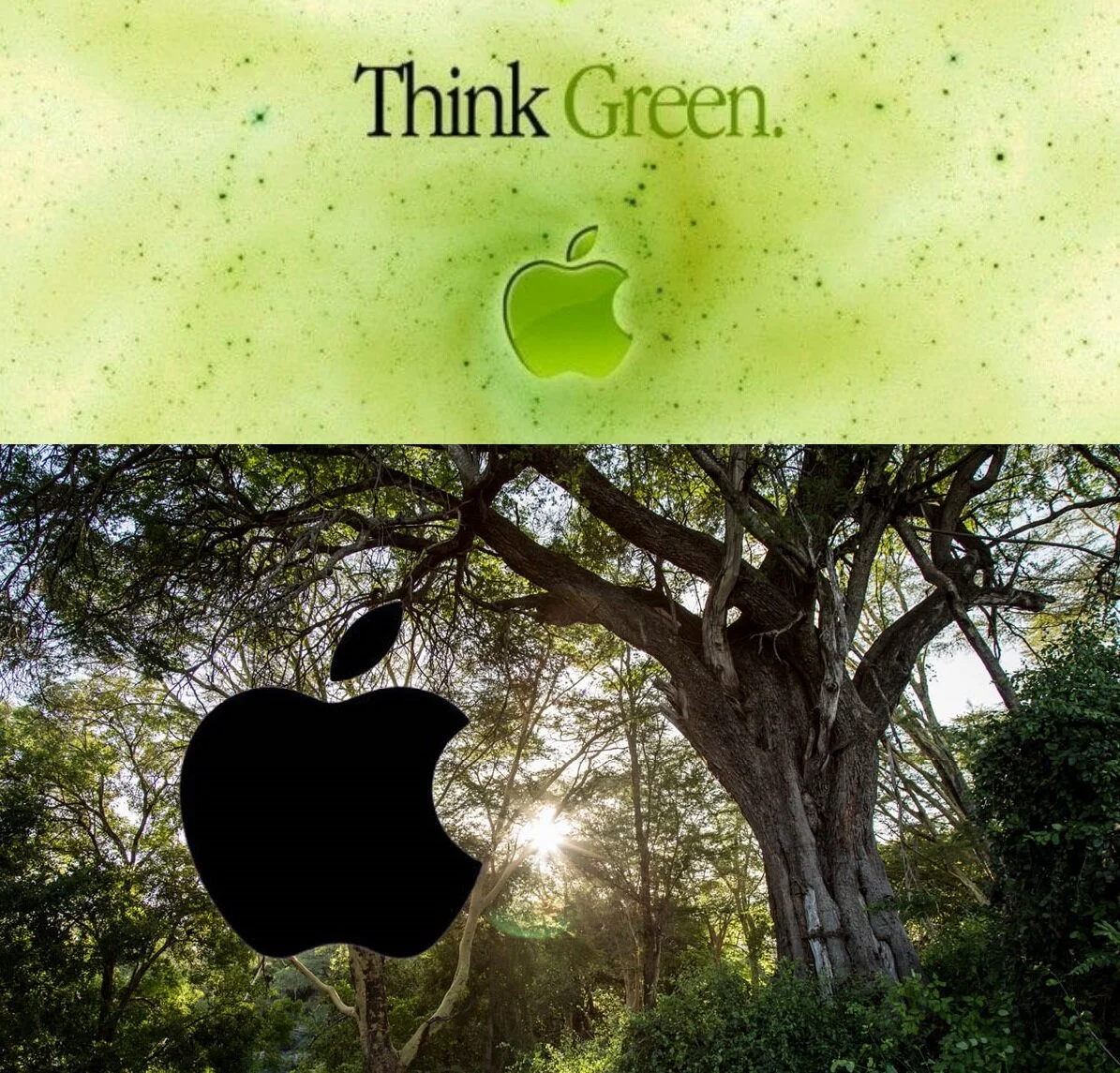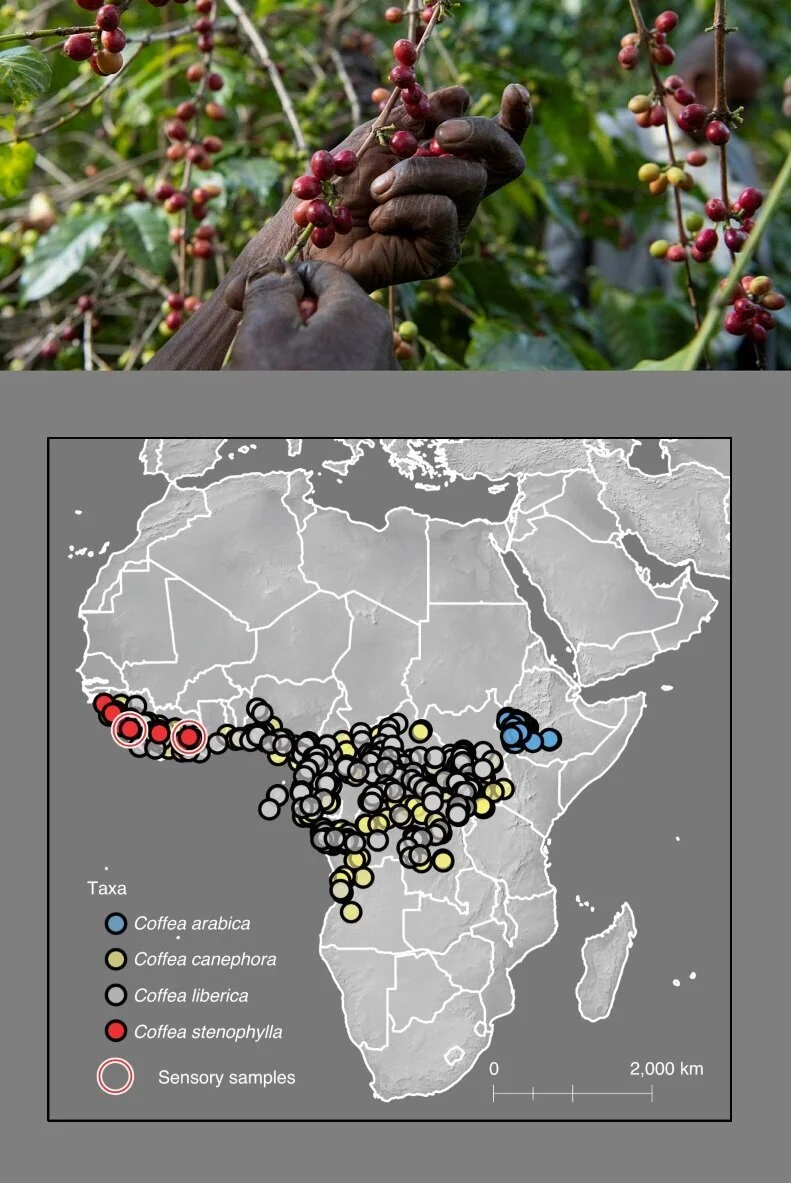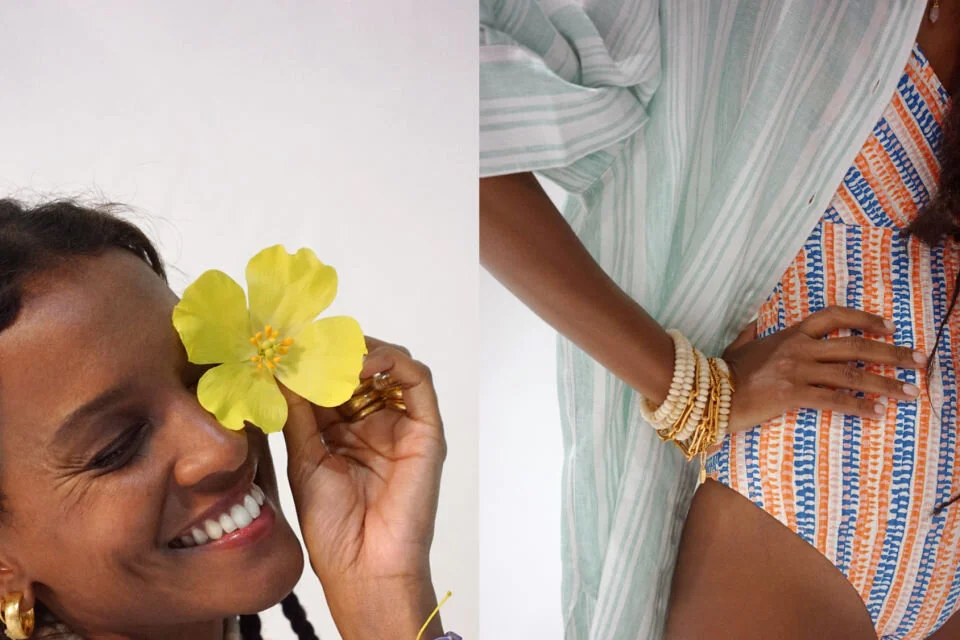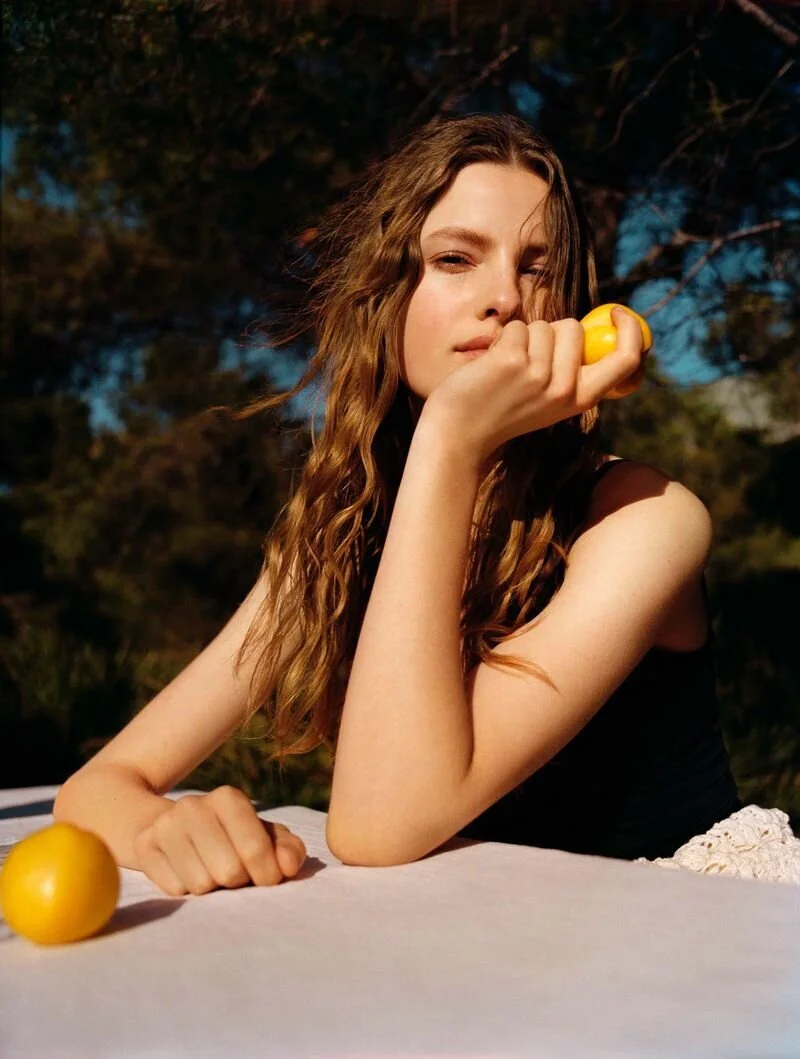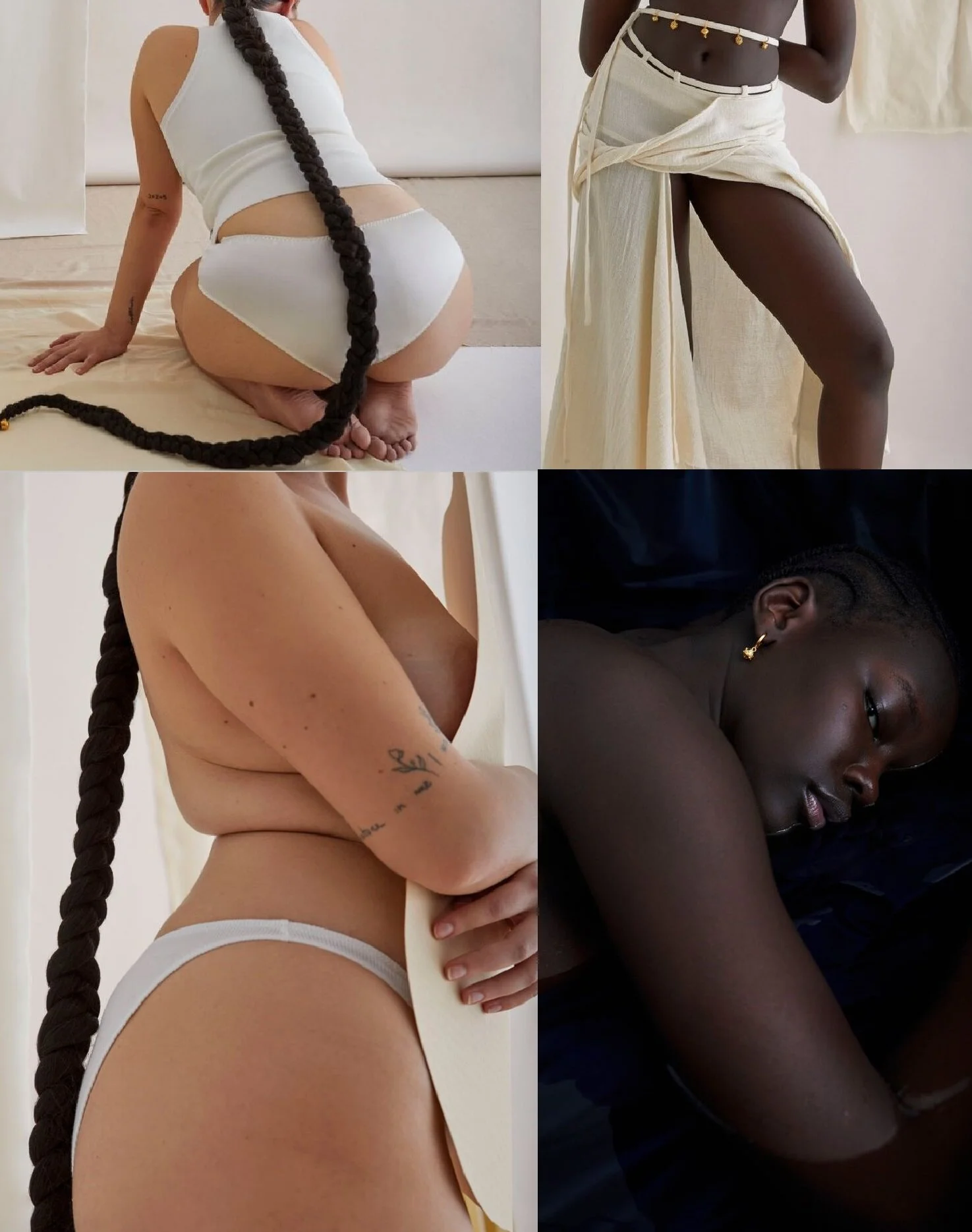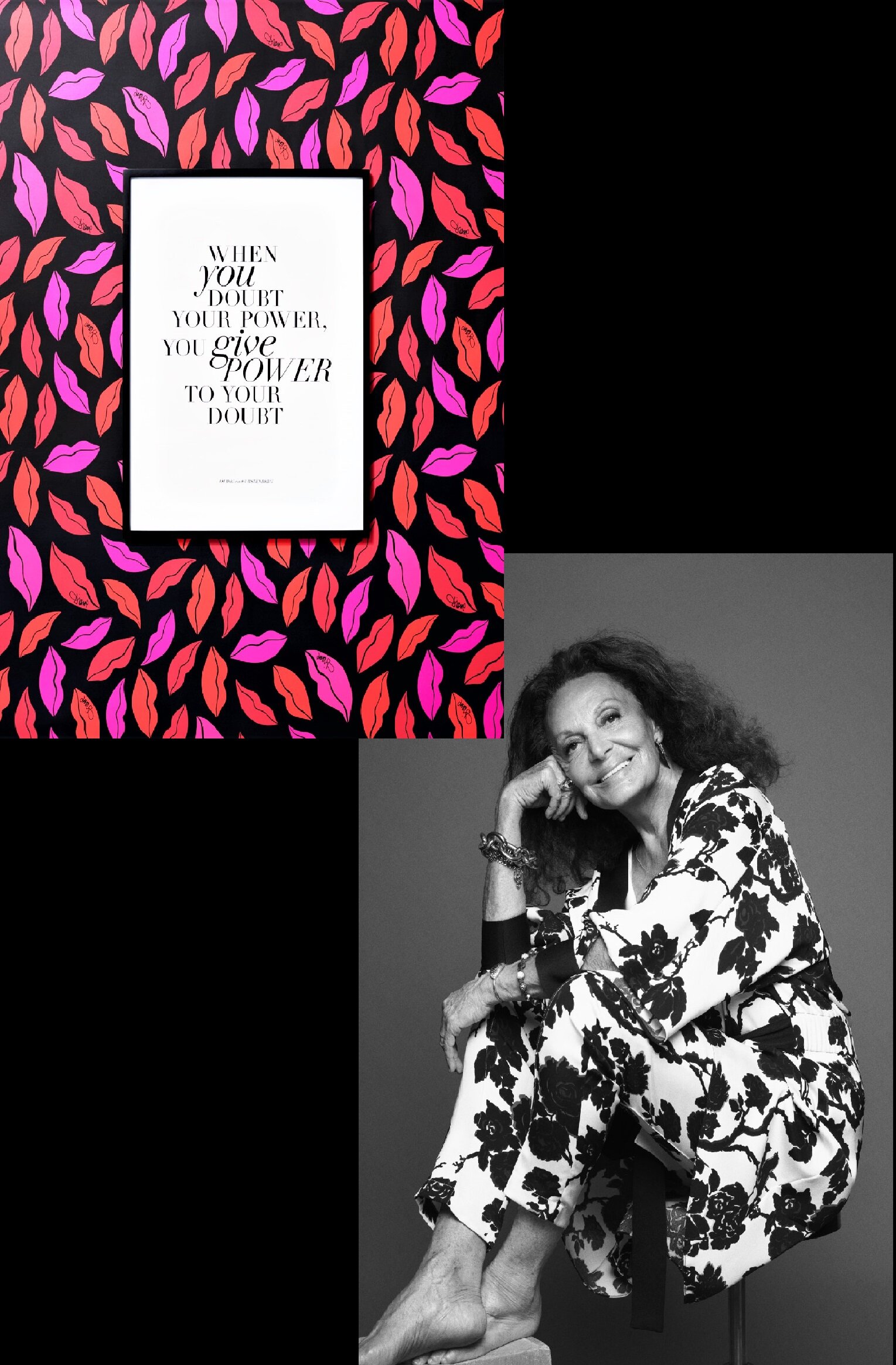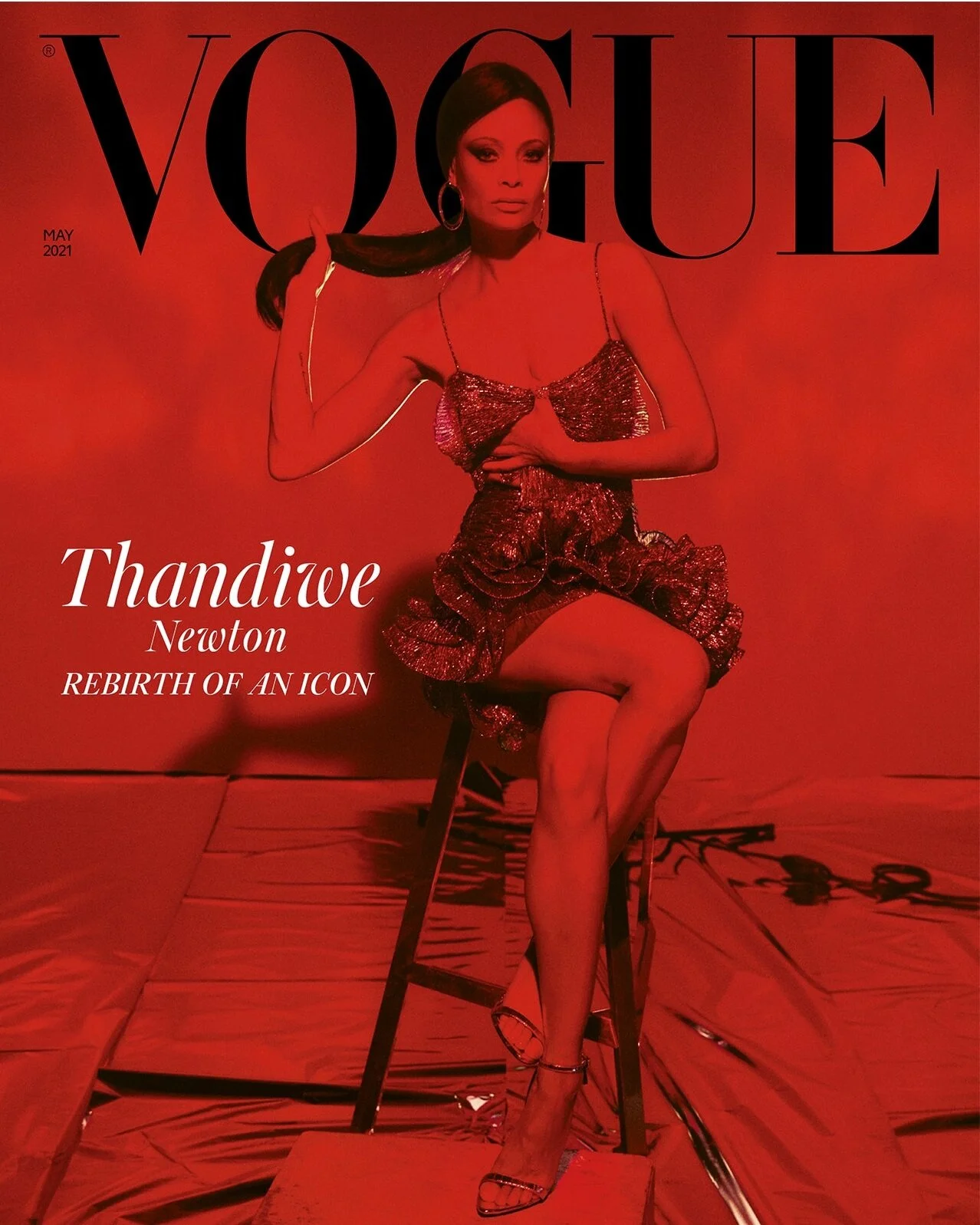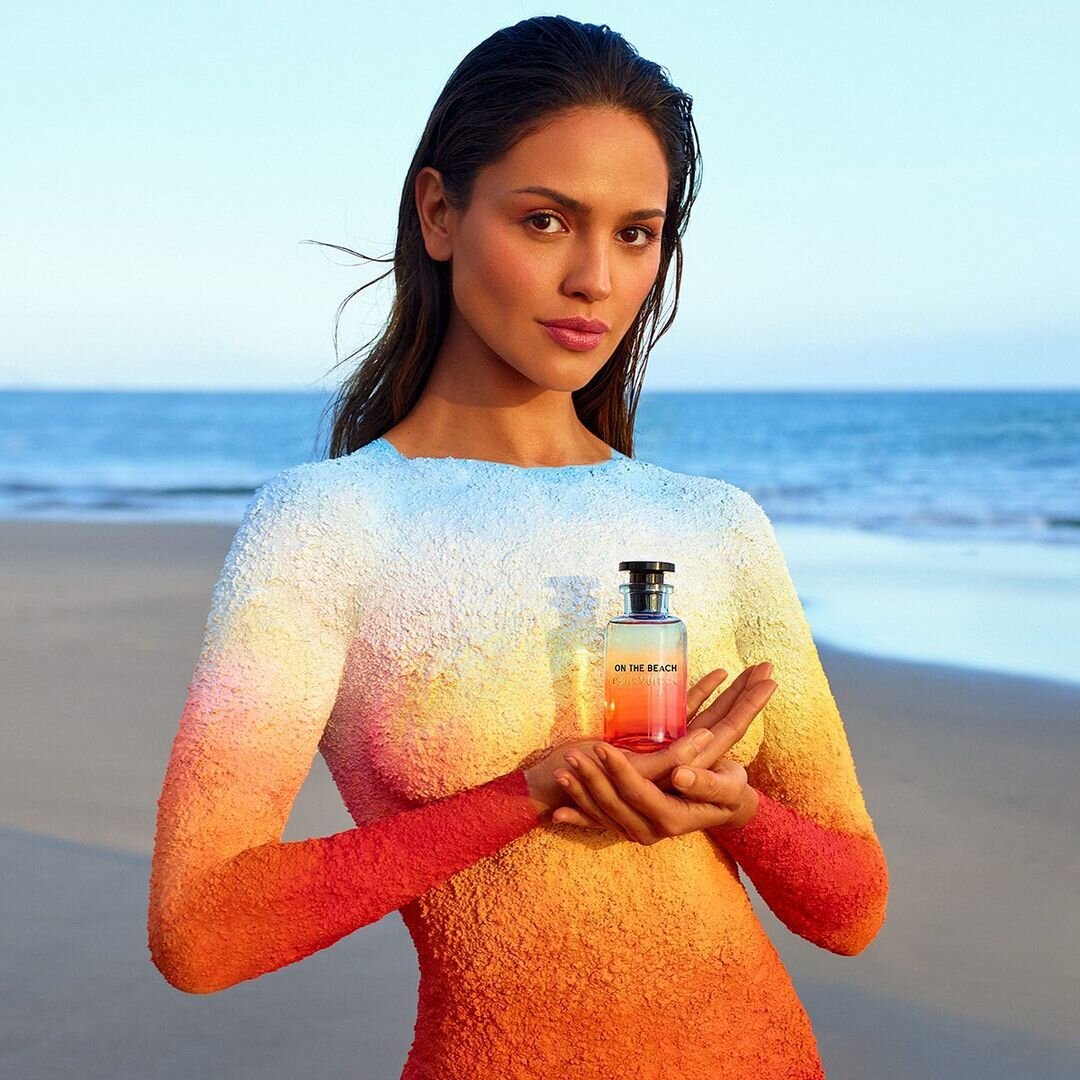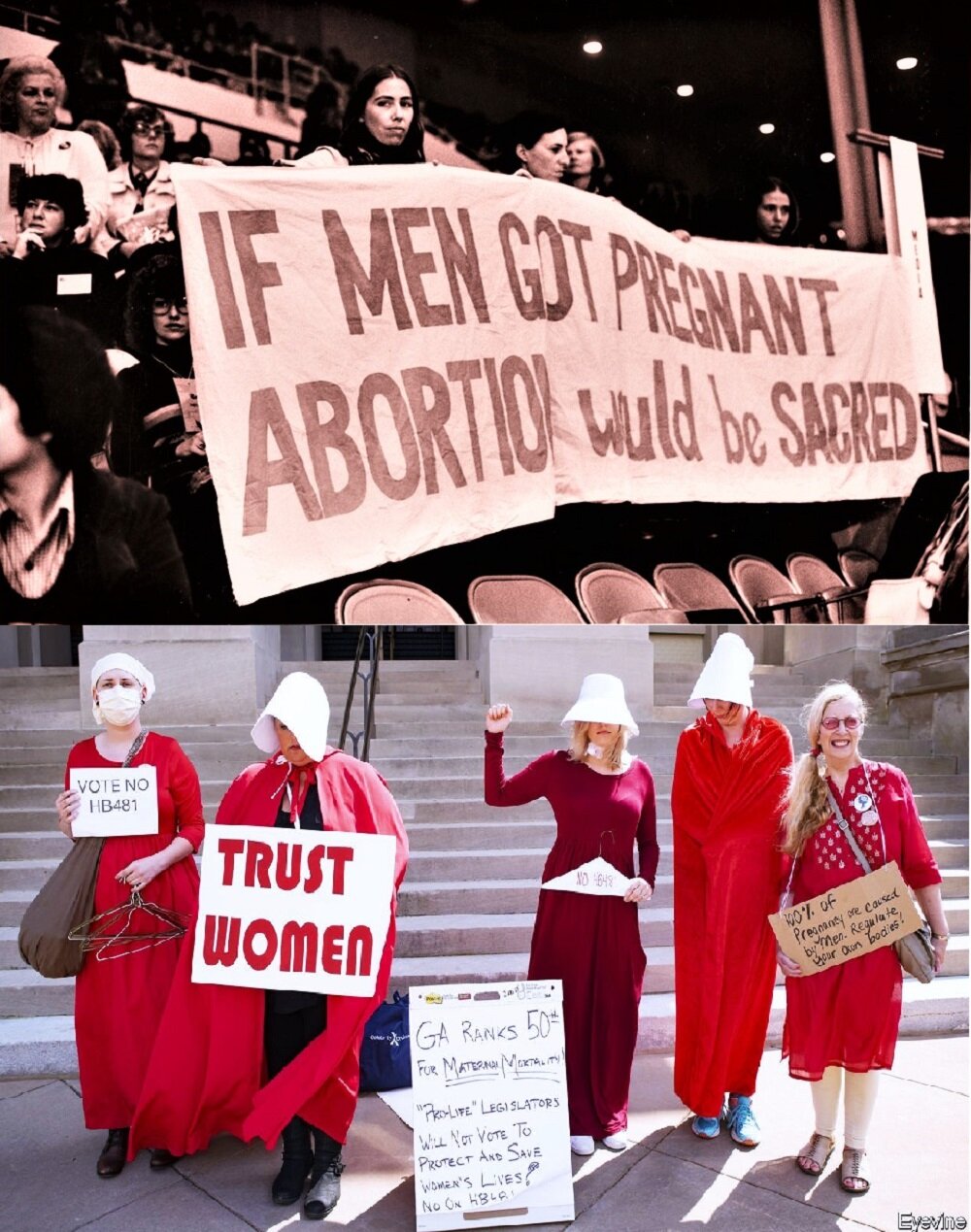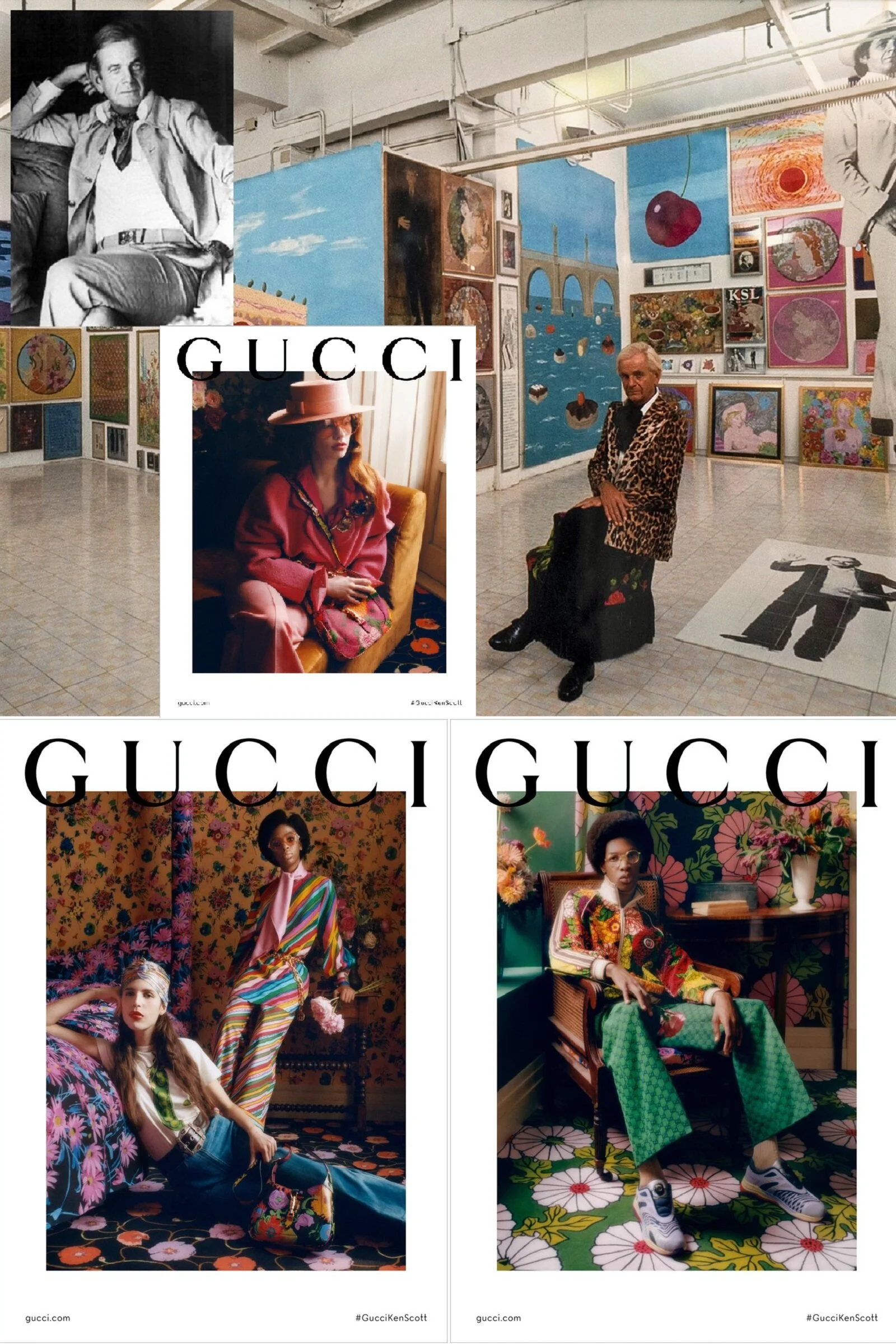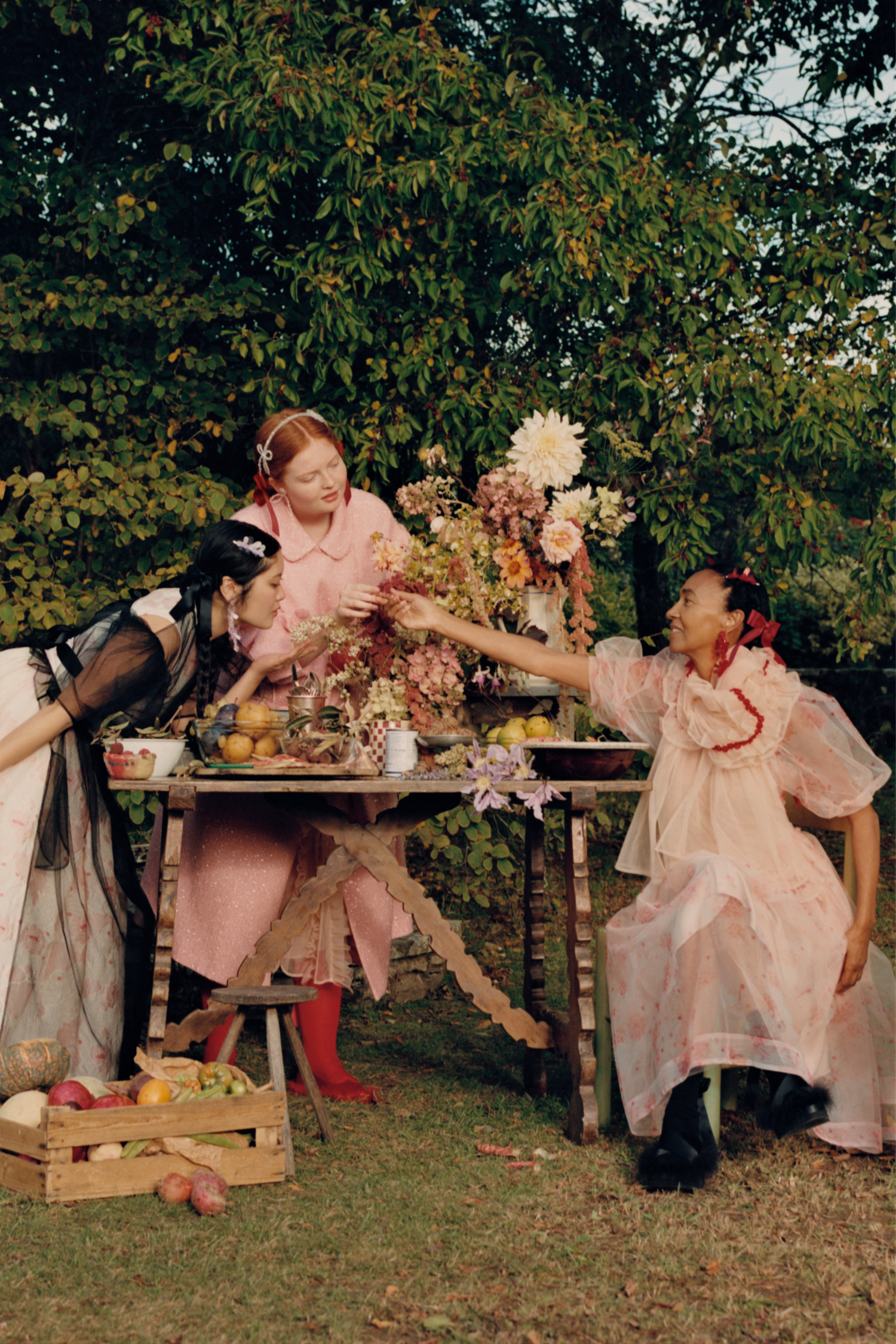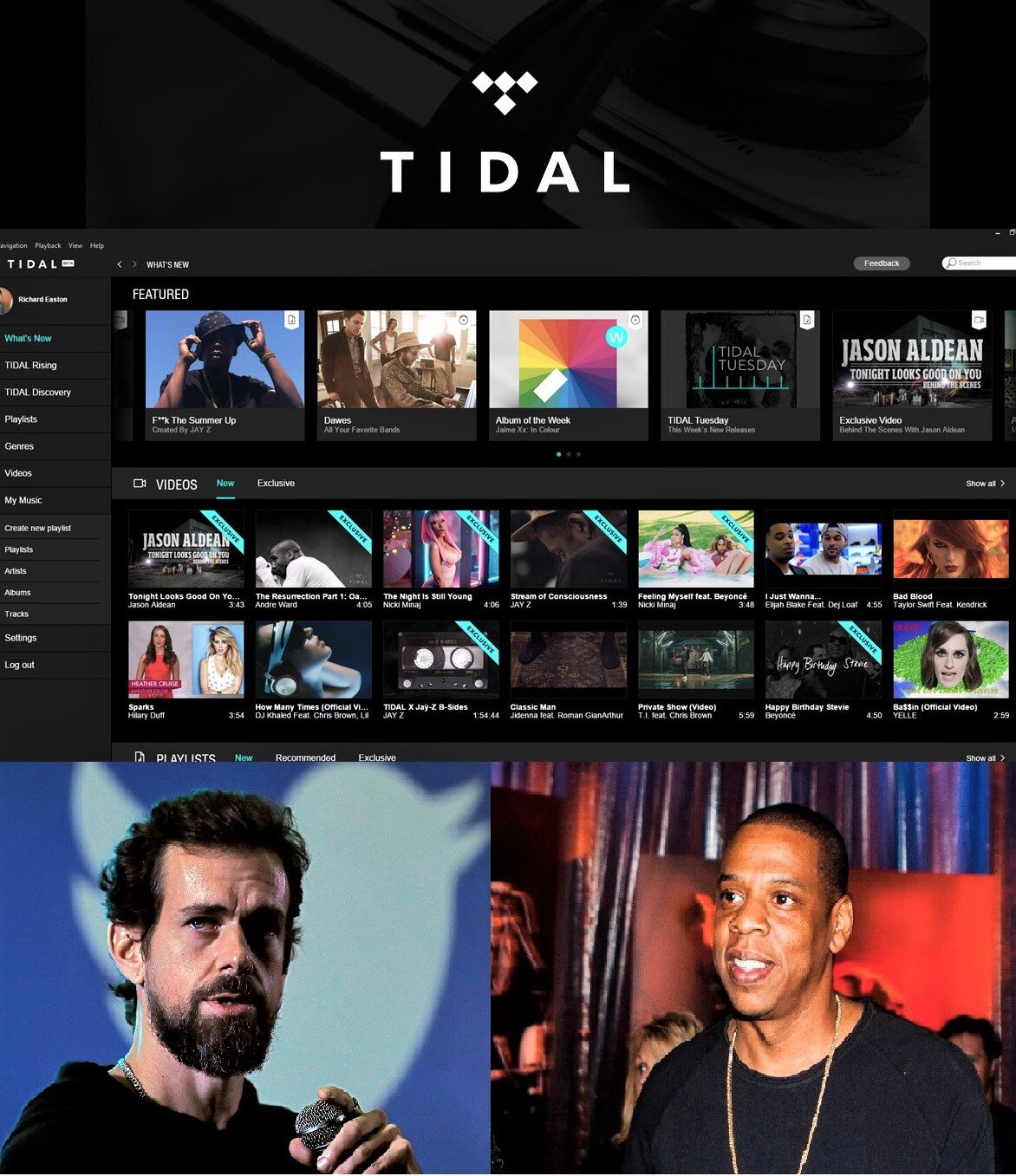MacKenzie Scott Upends Philanthropy with Jawdropping Donations to Insecure Communities
/5 Ways MacKenzie Scott's $5.8B Commitment to Social and Economic Justice Is a Model for Other Donors AOC Women
MacKenzie Scott (formerly Bezos) is believed to be the third-wealthiest woman in the world, and the 20th-wealthiest individual overall. As we speak, today February 25, 2021 the head of Vermont’s only food bank, John Sayles is deeply appreciative when he gets the occasional call from a big donor wanting to make a $10,000 gift.
Sayles reports being totally stunned when he learned that the billionaire philanthropist MacKenzie Scott had allocated a $9 million gift to his organization. The sum is greater than the Vermont Food Bank’s entire 2019 operating budget.
Scott, whose fortune comes from Amazon shares she received during her divorce from Jeff Bezos in 2019, donated nearly $4.2 billion to 384 organizations in the final four months of 2020 alone. The finalists came from a list of 6,490 organizations that were vetted, and included 42 food banks and 30 Meals on Wheels programs around the country, writes Food Bank News.
MacKenzie Scott has upended the world of philanthropy in multiple ways. Her low-key, under the radar approach to giving won’t have appeal to people who want their names on buildings. But she definitely has everyone’s attention. Read the five key specifics of Scott’s approach to giving in AOC Women.
As the New York Times noted, “They came like gifts from a Secret Santa, $20 million here, $40 million there, all to higher education, but not to the elite universities that usually hog all the attention. These donations went to colleges and universities that many people have never heard of, and that tended to serve regional, minority, and lower-income students.”
“I was stunned,” Ruth Simmons, president of Prairie View A&M University, a historically Black college in Prairie View, Texas, told the Times after she learned that Scott was giving it $50 million, the biggest gift the university had ever received. She told the paper she thought she had misheard, and the caller had to repeat the number: “five-zero.”
AOC shares estimates that MacKenzie Bezos gave $587 million to racial equity nonprofits in 2020 and another $400 million to organizations that advance economic mobility.
“This pandemic has been a wrecking ball in the lives of Americans already struggling,” MacKenzie wrote in a December 2020 Medium post , “Economic losses and health outcomes alike have been worse for women, for people of color, and for people living in poverty. Meanwhile, it has substantially increased the wealth of billionaires.”
Scott also acknowledged that the billionaire wealth increases resulting from the pandemic’s positive impact on the stock market (go figure) prompted her to offload large sums of her own increased wealth and good fortune.
There’s nothing very glamorous about her giving. MacKenzie Scott and her team focus on supporting “communities facing high projected food insecurity, high measures of racial inequity, high local poverty rates, and low access to philanthropic capital.” And then the facts of her philanthropy sort of dribble out into the media mainstream. Makenzie Scott’s operation has no known address — or even a website, reports the Times.
“If you look at the motivations for the way women engage in philanthropy versus the ways that men engage in philanthropy, there’s much more ego involved in the man, it’s much more transactional, it’s much more status driven,” said Debra Mesch, a professor at the Women’s Philanthropy Institute at Indiana University. “Women don’t like to splash their names on buildings, in general.”
Mesch notes that Scott makes the unsolicited and unexpected gifts with “full trust and no strings attached.” Read about the five groundbreaking best practices the philanthropist employs in her giving.
